As dogs age, they require special care and attention to ensure their golden years are as comfortable and enjoyable as possible. Senior dogs, like elderly humans, experience changes in their health and behavior that necessitate adjustments in their care routine. This comprehensive guide will provide you with essential tips for caring for your senior dog, helping you to keep them happy and healthy through their later years.
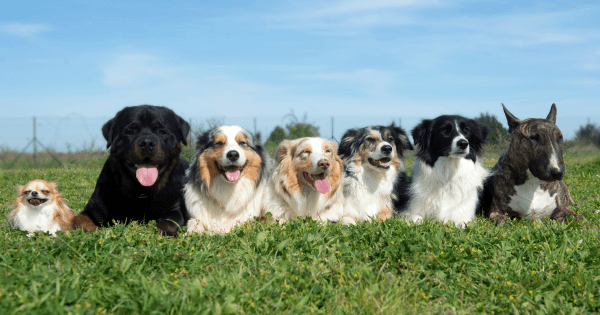
1. Regular Veterinary Check-Ups
Frequent veterinary visits become increasingly important as your dog ages. Older dogs are more susceptible to various health issues, including arthritis, diabetes, and kidney disease. Schedule regular check-ups with your veterinarian to monitor your dog’s health and catch any potential problems early. Your vet may recommend more frequent exams, blood tests, or other diagnostics to keep track of your dog’s condition.
2. Adjust Their Diet
As dogs age, their nutritional needs may change. Senior dogs often require a diet that is lower in calories but still rich in essential nutrients. Look for high-quality senior dog food that includes appropriate levels of protein, vitamins, and minerals to support joint health and overall well-being. Consult your vet to adjust your dog’s diet based on their specific health needs and weight management goals.
3. Maintain a Healthy Weight
Obesity can exacerbate health problems in senior dogs, such as arthritis and diabetes. Regularly monitor your dog’s weight and adjust their diet and exercise accordingly. If your dog is overweight, your vet can provide guidance on a suitable weight loss plan. Conversely, if your dog is underweight, a diet with higher calories and nutrients might be necessary.
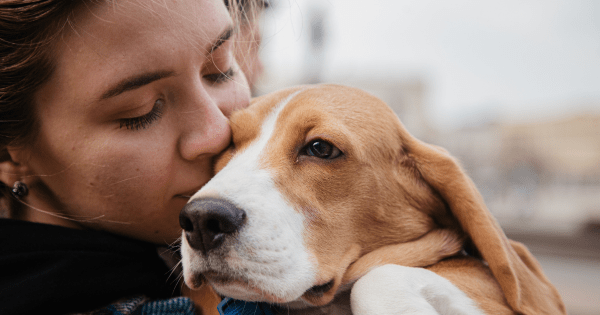
4. Incorporate Joint Supplements
Many senior dogs suffer from joint pain and arthritis. To help alleviate discomfort, consider incorporating joint supplements into your dog’s diet. Supplements such as glucosamine and chondroitin can support joint health and mobility. Always consult your veterinarian before starting any new supplements to ensure they are appropriate for your dog.
5. Adjust Their Exercise Routine
While exercise remains important for senior dogs, it’s essential to adapt their routine to their physical abilities. Opt for shorter, more frequent walks rather than long, strenuous ones. Low-impact exercises like swimming or gentle play can also be beneficial for maintaining muscle mass and joint flexibility without putting undue strain on their bodies.
6. Enhance Comfort in Their Sleeping Area
As dogs age, they may experience joint stiffness and discomfort. Provide a comfortable, supportive bed for your senior dog, preferably one with orthopedic padding to relieve pressure on their joints. Ensure their sleeping area is easily accessible and located in a quiet, draft-free part of your home.
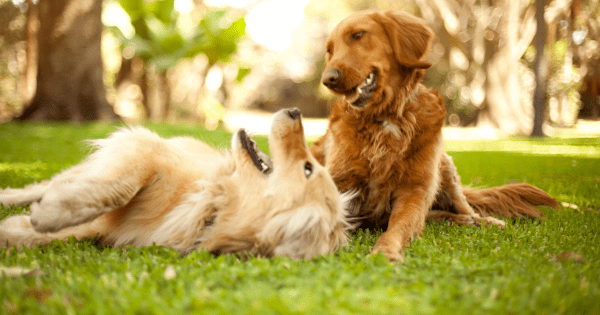
7. Monitor Their Dental Health
Dental health is crucial for senior dogs, as dental issues can lead to more serious health problems. Brush your dog’s teeth regularly with a canine toothpaste and provide dental chews or toys to help reduce plaque and tartar buildup. Schedule regular dental check-ups with your vet to address any potential issues.
8. Manage Their Pain and Discomfort
Arthritis and other age-related conditions can cause pain and discomfort in senior dogs. Observe your dog’s behavior for signs of pain, such as reluctance to move, changes in appetite, or irritability. If you suspect your dog is in pain, consult your veterinarian for appropriate pain management strategies, which may include medication or alternative therapies like acupuncture.
9. Provide Mental Stimulation
Keeping your senior dog mentally stimulated is just as important as physical exercise. Engage them with interactive toys, puzzle feeders, and gentle training sessions to keep their mind active. Mental stimulation can help prevent cognitive decline and maintain a high quality of life.
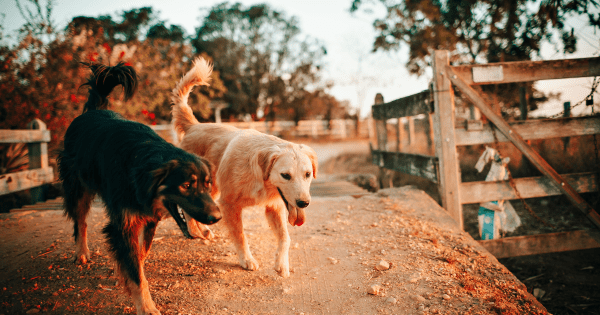
10. Regular Grooming
Senior dogs may have different grooming needs compared to younger dogs. Their coats may become thinner or more prone to matting. Regular brushing helps keep their coat clean and free of tangles. Additionally, check their nails and trim them as needed to prevent discomfort or difficulty walking.
11. Create a Safe Environment
Ensure your home is safe and accommodating for your senior dog. Avoid stairs if they are a challenge for your dog, and use non-slip mats on slippery floors to prevent falls. Provide ramps or steps if necessary to help your dog get in and out of the car or onto the furniture.
12. Keep Up with Vaccinations and Preventatives
Even senior dogs need regular vaccinations and preventive treatments for parasites such as fleas, ticks, and worms. Consult your veterinarian to ensure your dog’s vaccinations are up-to-date and that they receive the appropriate preventive care based on their age and health status.
13. Pay Attention to Their Behavior
Changes in behavior can be a sign of underlying health issues. Monitor your dog for any changes in their eating, drinking, urination, or defecation habits. Behavioral changes, such as increased vocalization or disorientation, may indicate cognitive decline or other medical conditions.
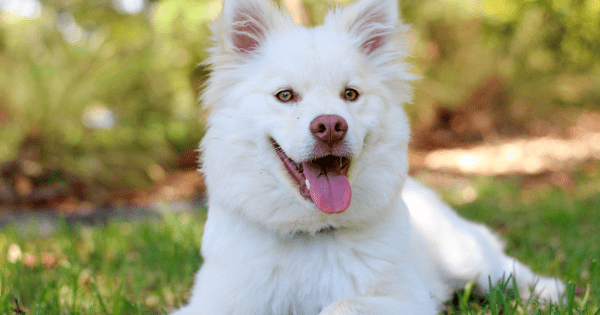
14. Consider Comfort and Quality of Life
As your dog ages, it’s important to regularly assess their quality of life. If your dog is experiencing significant pain or a decline in their overall well-being, have an open and honest conversation with your veterinarian about their options. In some cases, discussing end-of-life care and making compassionate decisions can be a part of ensuring your dog’s comfort.
15. Cherish the Time Together
Finally, cherish the time you have with your senior dog. Their golden years are an opportunity to create lasting memories and show them how much they mean to you. Spend quality time together, provide lots of love and attention, and celebrate the bond you share.
Caring for a senior dog requires patience, understanding, and adjustments to their daily routine. By following these essential tips, you can ensure that your dog’s golden years are filled with comfort, joy, and quality care. Remember that each dog is unique, so tailor your approach to meet their individual needs and always consult with your veterinarian for personalized guidance. Your commitment to their well-being will make a significant difference in their happiness and health as they enjoy their later years.
READ NEX: How to Care for Your Senior Dog: Tips for Their Golden Years